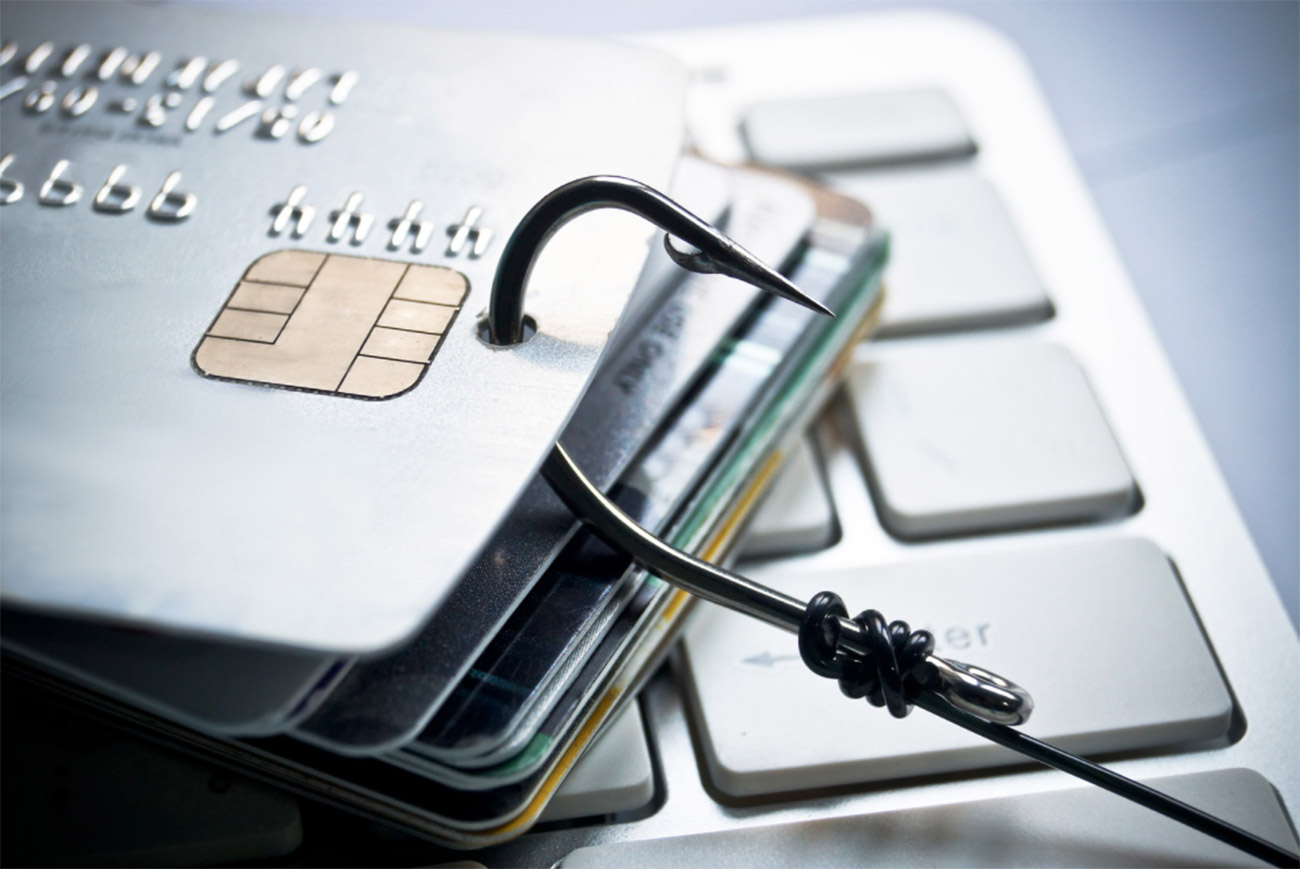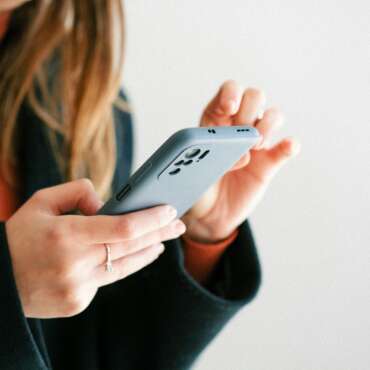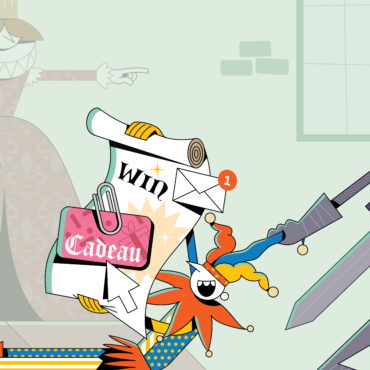Today we are more digital than ever. Since lots of shops are closed due to the COVID-19 crisis, people shop more often online. Digital banking has also increased significantly. People who now take their first steps into digital life, may be more sensitive to phishing message of fraudsters, who impersonate official organizations such as banks.
A survey of Indiville commissioned by Febelfin shows that:
- The feeling of online insecurity has increased;
- More than one in three Belgians have received a phishing message in the last month. Among the 35 to 49 year olds, this was even half of them;
- One in four regrets to have shared information online;
- The 18-34 year olds are the least cautious online.
All phishing messages have one thing in common: they always ask for your personal bank codes (your PIN code and/or your codes for online banking) via a link.
If you receive such a message, then you have to assume immediately: this is fake! Your bank will never ask you for your codes via a link. Not for a security update, not to renew or (de)block your bank card, … Other reliable companies and organisations will never do that either, which is the central idea of Febelfin’s latest phishing campaign.
“Phishing attempts never stop and fraudsters typically adapt to circumstances,” says Karel Baert, CEO of Febelfin. “We also notice that these mails, text messages and other messages look much more professional so it becomes more difficult to distinguish fake from real ones. That’s why our message is: be alert to suspicious messages. Your bank will never ask you to pass on your personal codes.”
4 famous Belgians “lent” their faces to the phishing campaign. For this, Febelfin appealed to deep fake technology that creates human images by artificial intelligence. The result is completely fake, as well as the request from a bank to share your codes via a link.







